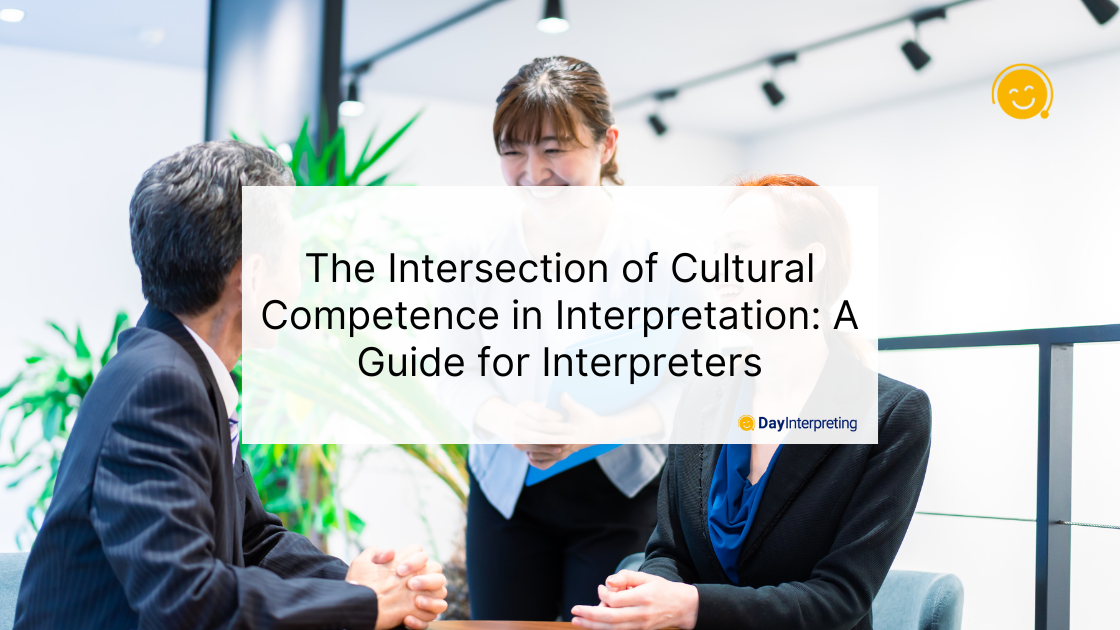In an increasingly interconnected world, effective communication is vital for bridging the gap between individuals who speak different languages. Interpreters play a pivotal role in facilitating this communication, enabling individuals from diverse linguistic backgrounds to understand each other. However, interpreting goes beyond merely translating words; it involves deciphering cultural nuances, unspoken communication cues, and ensuring that the intended message is accurately conveyed. This is where cultural competence in interpretation becomes crucial. In this article, we will explore the importance of cultural competence in interpretation and provide practical guidance for interpreters to navigate cultural differences effectively.
The Significance of Cultural Competence in Interpretation
Language and Culture Are Inseparable
Language and culture are deeply intertwined. They shape each other and influence how people perceive the world around them. Therefore, an interpreter must recognize that language is not a mere medium of communication; it carries the values, norms, and social context of a culture. To be effective, interpreters must have an in-depth understanding of both the source and target cultures.
Accurate Communication
The primary goal of interpretation is to ensure accurate communication between parties who do not share a common language. Cultural competence helps interpreters navigate the intricacies of cross-cultural communication, minimizing the risk of misunderstandings or misinterpretations that can have far-reaching consequences in various settings, from healthcare to legal proceedings.
Building Trust and Rapport
Cultural competence fosters trust and rapport between the interpreter and the parties involved. When interpreters demonstrate an understanding of the cultural context, it not only puts clients at ease but also encourages open and honest communication. Trust is the foundation of successful interpretation.
Practical Guidance for Interpreters
Self-Reflection and Awareness
Begin by examining your own cultural biases and beliefs. Understand that everyone has cultural biases, and being aware of them is the first step toward becoming culturally competent. This self-awareness will enable you to approach each interpretation assignment with an open mind.
Continuous Learning
Cultural competence is not a static skill; it’s an ongoing journey. Keep learning about different cultures, languages, and customs. Attend cultural sensitivity training sessions and workshops to expand your knowledge and stay updated on current cultural trends and changes.
Active Listening
Listening is a fundamental skill for interpreters. Pay attention not only to the words spoken but also to the tone, emotions, and non-verbal cues. Often, cultural nuances are expressed through gestures, facial expressions, and body language.
Research and Preparation
Before an interpretation assignment, research the cultural background of the parties involved. Familiarize yourself with their customs, beliefs, and taboos. This preparation will help you anticipate potential challenges and navigate them more effectively during the interpretation process.
Flexibility and Adaptability
Cultural competence also involves adaptability. Be ready to adjust your interpretation approach based on the cultural context. Sometimes, a direct translation may not capture the full meaning, and you may need to use culturally appropriate idiomatic expressions.
Respect and Neutrality
Interpreters must remain impartial and unbiased. Avoid making judgments or assumptions about the parties involved. Show respect for their cultural values and beliefs, even if they differ from your own.
Seek Feedback
After an interpretation assignment, seek feedback from both parties to assess your performance. This feedback can provide valuable insights into areas where you can improve your cultural competence and interpretation skills.
Conclusion
Cultural competence is an essential aspect of interpretation. It enables interpreters to bridge the gap between languages and cultures, ensuring effective communication and building trust. By continuously improving their cultural competence, interpreters can navigate the complex terrain of cross-cultural communication with skill and sensitivity. Ultimately, their expertise enhances the quality of interactions in diverse settings, promoting understanding and harmony among individuals from different backgrounds. In a world where diversity is celebrated, interpreters who prioritize cultural competence are indispensable mediators who enable the exchange of ideas and facilitate connections across borders.





0 Comments